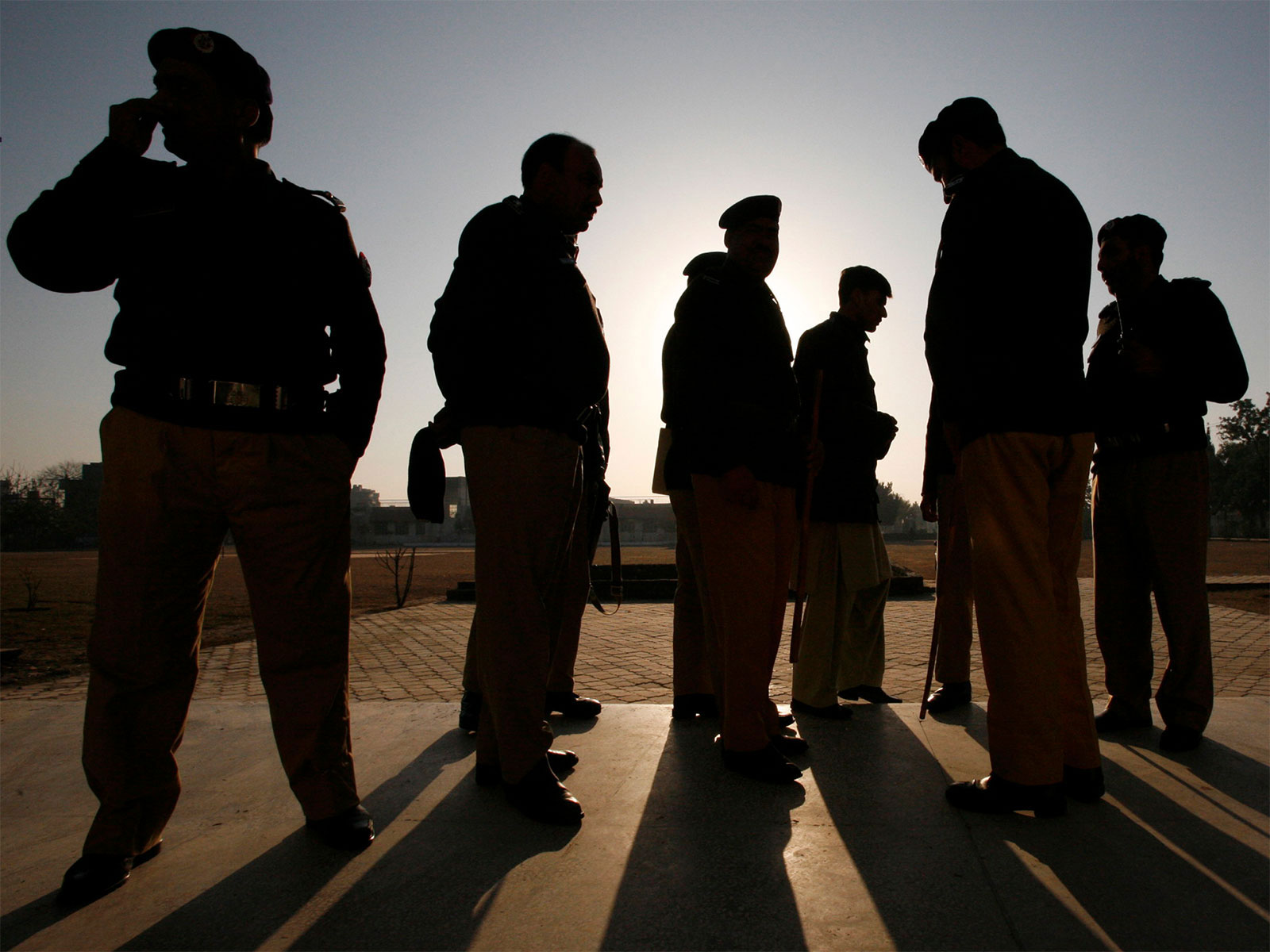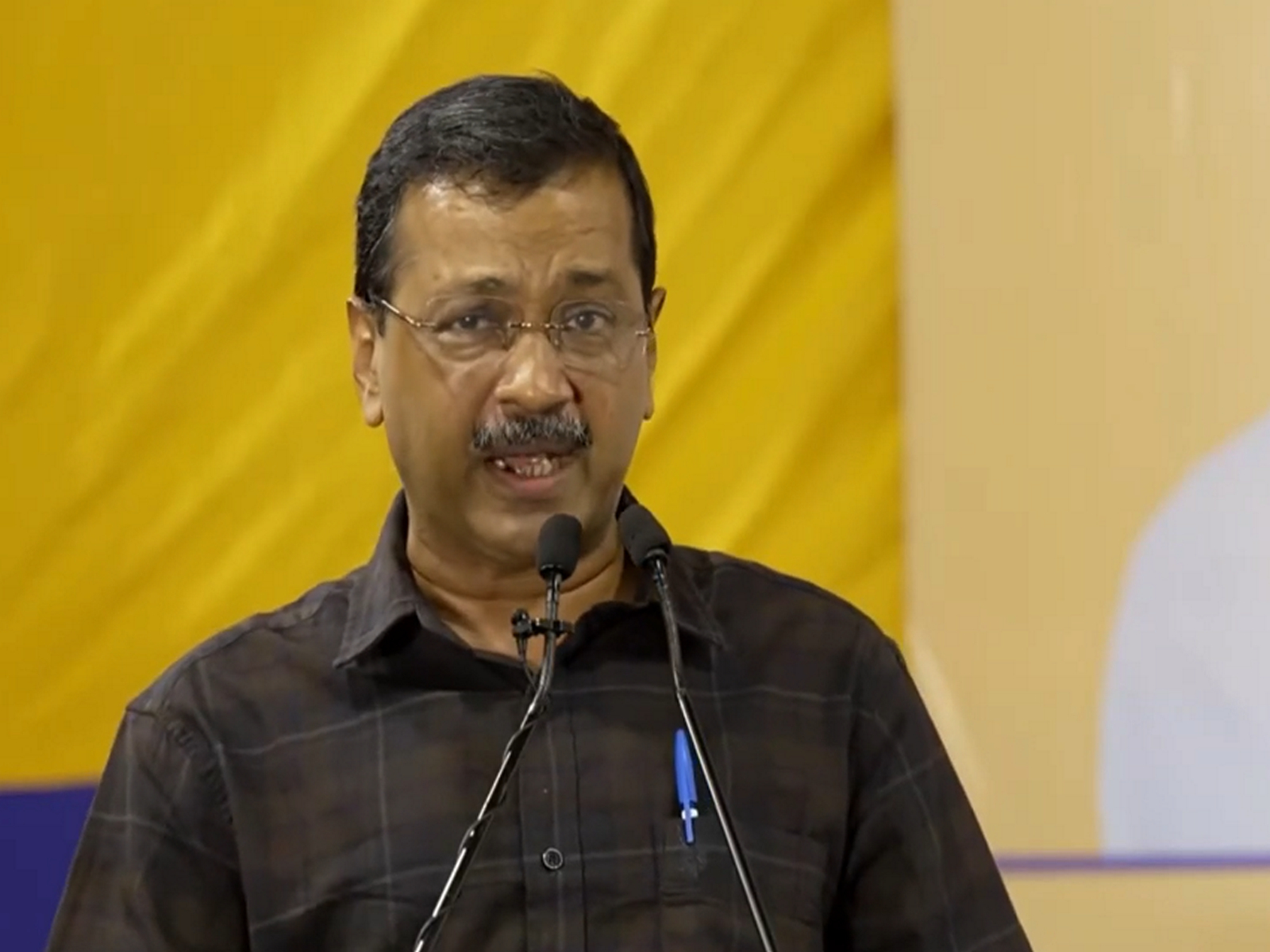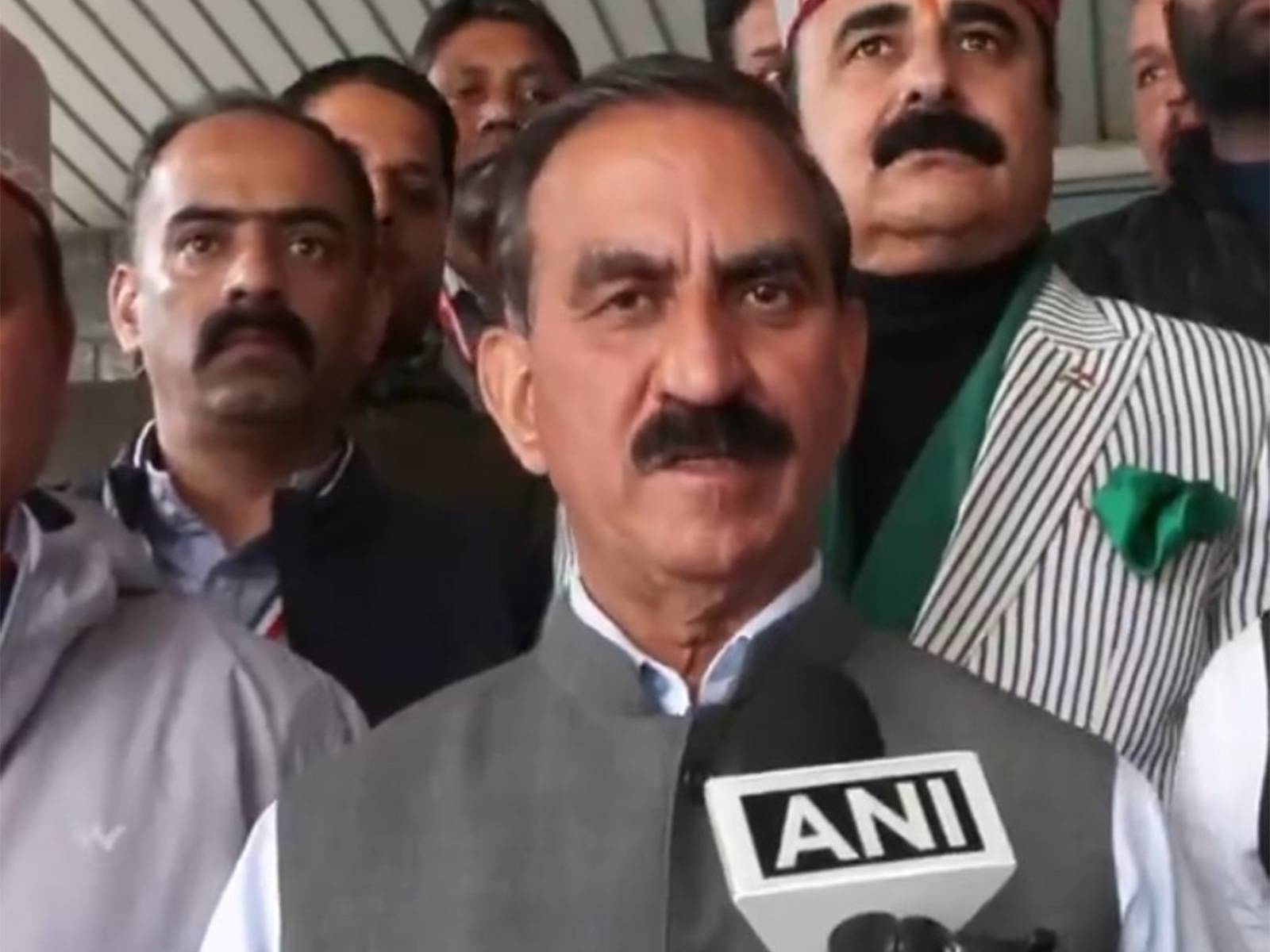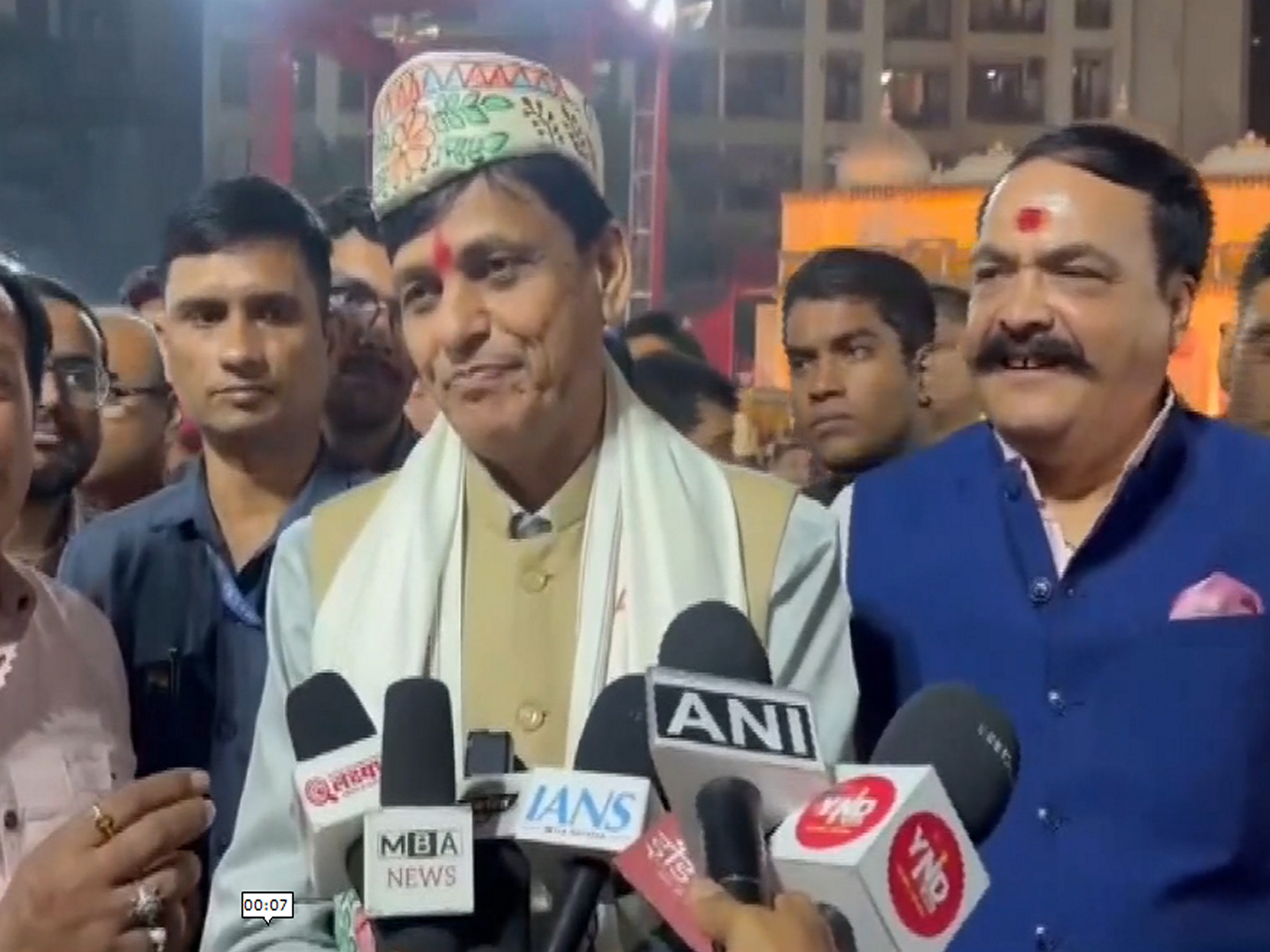Questions raised after Pak-origin UK Home Secy refuses extradition of Dawood's aide Tiger Hanif
May 18, 2020

By Poonam Joshi
London [UK], May 18 : Questions have been raised after the British government refused a request from the Indian government to extradite a suspect in the devastating bomb blasts in Gujarat's Surat in 1993.
Mohammed Hanif Umerji Patel -- also known as 'Tiger Hanif' -- is alleged to be an aide of the notorious underworld don Dawood Ibrahim and is accused by the Indian government of carrying out the bombings at a railway station in the Varachha area of Surat during the communal riots that gripped the city in January 1993.
An eight-year-old girl was killed in the blasts and dozens were injured.
It is believed that Hanif arrived in the UK illegally in 1996 after jumping bail in India following his arrest over the attacks and eventually obtained a British passport in 2005.
He was arrested by British police in 2010 after India requested his extradition. He had been picked up whilst working at a grocery store in northern England.
Since 2013, the 57-year-old has lost a number of legal bids to remain in the UK by claiming that his human rights would be violated. He has repeatedly insisted that he would be tortured if returned to India.
Despite being cleared to be sent back to India by British courts -- including the High Court, the second-highest court in the UK, he has been reprieved after Pakistani-origin Home Secretary Sajid Javid refused the request for extradition in 2019.
The UK Home Secretary has the ultimate authority in deciding extradition requests once the UK courts have ordered the extradition.
Many people both in India and the UK have raised alarming questions about the difference in treatment for Hanif compared with the billionaire tycoon Vijay Mallya whose extradition to India to face charges of fraud was approved by Javid.
Hanif's initial extradition trial took place in 2012 with the judge at the Westminster Magistrate's Court, describing him as a "classic fugitive" from justice.
Eventually, after the appeals process, the High Court, in 2013, also ruled that Hanif should be returned to India. That ruling ultimate made it to the office of the then-Home Secretary Theresa May -- as well as to her successor Amber Rudd -- but a decision was not made until 2019 when Javid was made Home Secretary.
Despite immediately signing off on Mallya's extradition, Javid stopped Hanif's return to India -- despite both individuals contesting the extradition on similar grounds that they would not receive fair trials and jail conditions would breach their basic human rights.
Curiously in both cases, the British government sent out independent experts to assess the jail conditions in India.
As such many have questioned how an individual described by the Indian government as a dangerous terrorist can escape facing justice in India while an economic offender faces the opposite fate.
It is believed that - as is his right - Hanif made direct representations to the then-Home Secretary.
The Home Office has confirmed that the extradition request for Hanif was refused by Javid and that he was discharged by the court in August 2019.


















